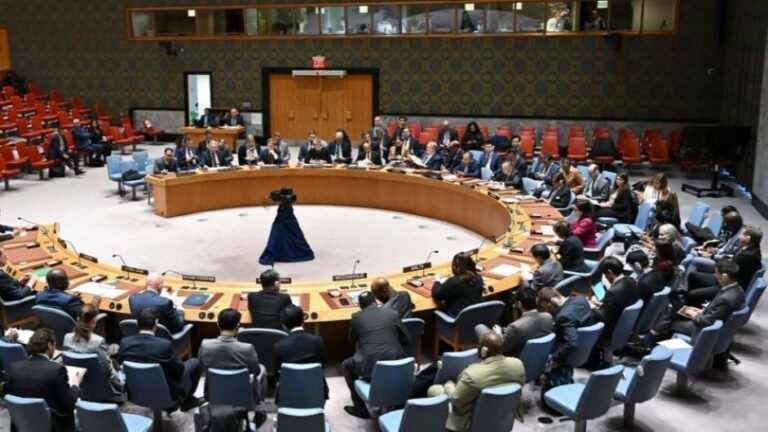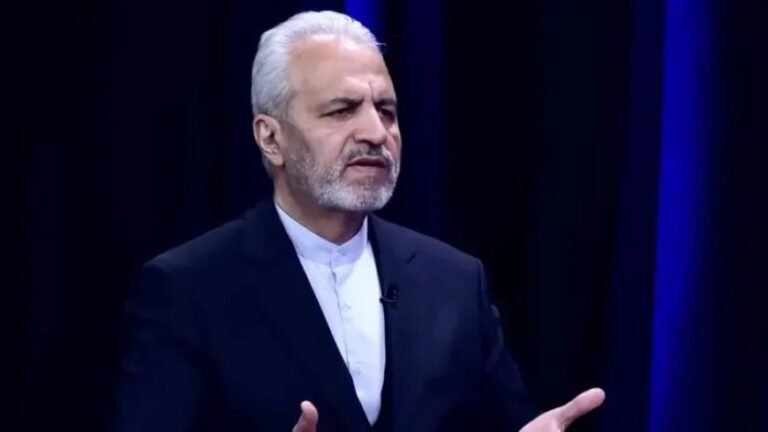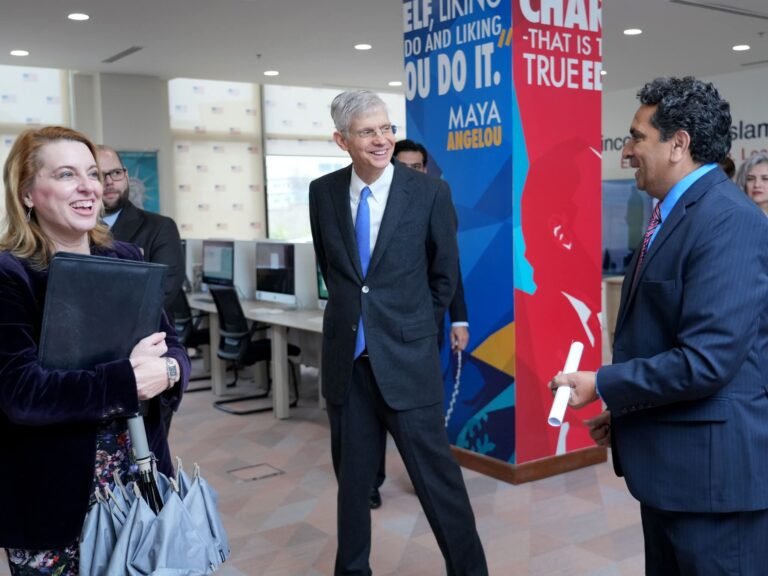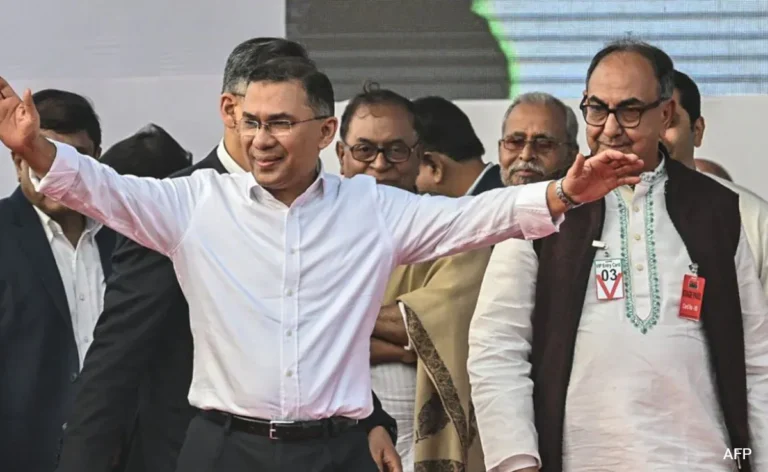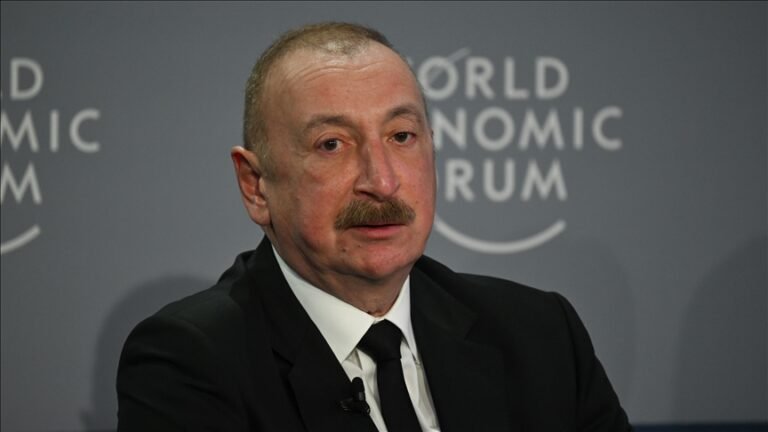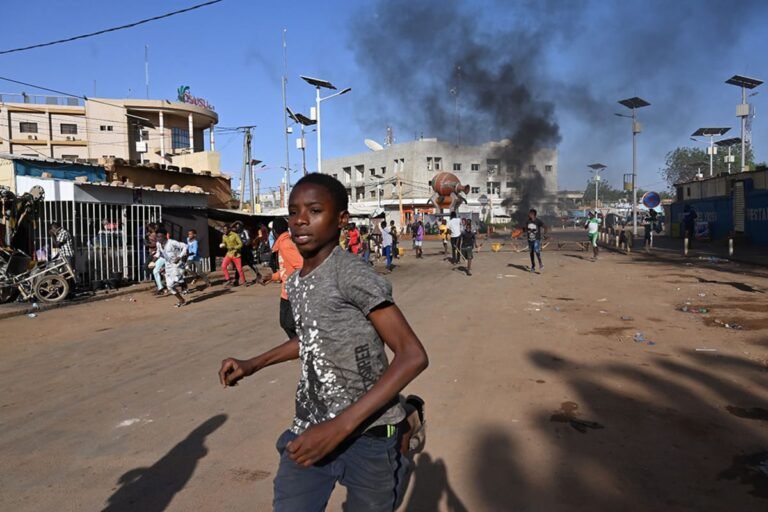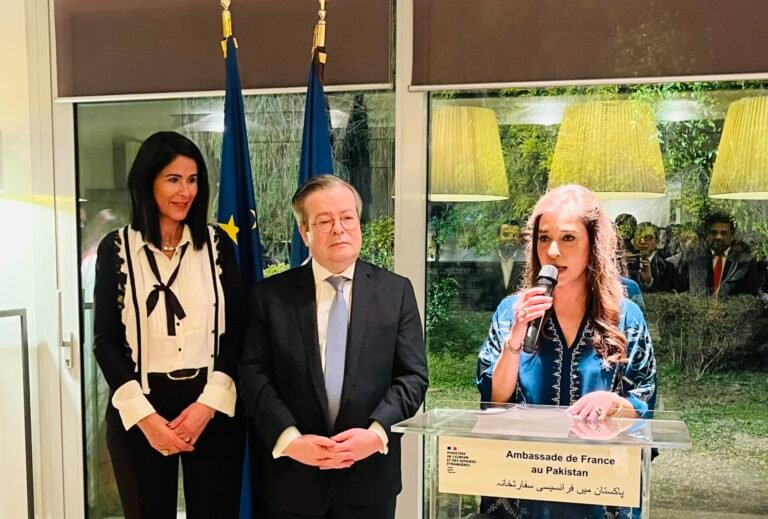Geneva, 1 December 2021 (TDI): The world marks AIDS Day on December 1. It is observed across the globe to spread awareness about the disease, moreover to remember all those who lost their lives. It was first observed in 1988.
Discovery of HIV
The discovery of the Human Immunodeficiency Virus (HIV) was made by researchers Françoise Barré-Sinoussi and Luc Montagnier. In late 1982, they were alerted to an alarming epidemic. In January 1983, they had discovered HIV.
Acquired immunodeficiency syndrome (AIDS)
Acquired immunodeficiency syndrome (AIDS) is a chronic, potentially life-threatening health condition. It is caused by the human immunodeficiency virus (HIV). HIV interferes with the body’s ability to fight infections.
Transmission
AIDS can spread through multiple sources.
- When a person comes in direct contact with certain body fluids from a person infected with HIV. For instance, blood, semen, vaginal fluid, or breast milk.
- A person can contract HIV by having unprotected sexual intercourse with an infected person.
- Sharing drug equipment like needles can also cause AIDS.
- It can be transmitted from mother to child. For instance during pregnancy, birth, or breastfeeding.
- It can be transmitted by receiving blood transfusion or organ tissue transplants that are contaminated with HIV.

Symptoms
The initial symptoms are unexplained fatigue, fever, sores around the genitals or neck, and pneumonia.
There are 3 stages of AIDS
- In stage 1, within 2-3 weeks of getting infected about two-thirds of the people will have a flu-like illness. There is fever, chills, night sweats, muscle aches, mouth ulcers, sore throat, fatigue, and lymph nodes.
- Stage 2 is known as clinical latency. It might not show any particular symptoms. However, it can last for 10 years. This stage is also called chronic HIV infection.
- The 3rd stage weakens the body’s immune system. Symptoms can be rapid weight loss, recurring fever, night sweats, extreme unexplained tiredness. Furthermore, there can be swollen lymph nodes, chronic diarrhea, sores in the mouth and genitals, along pneumonia and neurological disorders. It can also manifest on the skin in the form of rashes.
Prevention
- Ensuring protective techniques.
- Ensuring that contaminated needles aren’t used.
- If someone is aware of the infection in their body, make sure they are on the right treatment path.
World AIDS Day- 2021 theme
The theme of World Aids Day 2021 is: ‘End inequalities. End AIDS’. WHO and its partners are highlighting the growing inequalities in access to essential HIV services.

WHO is calling on global leaders along with the citizens to confront the inequalities that drive AIDS. Moreover, it is also reaching people who are not receiving essential HIV Services.
HIV is a major public health issue. It affects millions of people worldwide. According to WHO, the disparity along with the disregard for human rights allowed HIV to become a global health crisis.
In addition, the Covid-19 pandemic has exacerbated inequalities. It has also disrupted services and consequently, it has made the lives of many people living with HIV more challenging.

This World AIDS Day, UNAIDS is highlighting the urgent need to end the inequalities. The spiraling socioeconomic crisis along with the prolonged covid 19 pandemic contribute to the growing inequalities. The world consequently risks missing the targets to end AIDS by 2030.
There is a need to address the social-cultural and legal inequalities as a matter of urgency.
There has been tremendous progress on AIDS but we are far, far away from ending the HIV pandemic. We must end complacency and tackle the inequalities that are fueling HIV and #COVID19.
— UNAIDS Global (@UNAIDS) December 1, 2021
This #WorldAIDSDay, let's end inequalities, end AIDS, end pandemics.
Tackling inequalities is a long-standing global promise, its urgency has been increased. In 2015, the countries adopted sustainable development goals as a pledge to reduce inequalities within and between countries.
The Global AIDS Strategy 2021–2026: End Inequalities, End AIDS and the Political Declaration on AIDS adopted at the 2021 United Nations High-Level Meeting on AIDS have ended inequalities at their core. Fulfilling the promise to tackle inequalities will save millions of lives. Moreover, it will benefit society as a whole.
We’re excited to mark #WorldAIDSDay alongside @UNAIDS and to launch a campaign celebrating a group of resilient, determined and courageous individuals who are working to help #EndAIDSby2030. This week, we’ll be sharing their incredible stories of being #FearlessForAll. pic.twitter.com/v7Y4VUkts0
— Gilead Sciences (@GileadSciences) November 29, 2021
Ending inequalities require transformative change. Political, economic, and social policies need to protect the rights of everyone. Furthermore, there is an urgent need to pay attention to the needs of marginalized communities.
Government’s Responsibility
Governments must now move from commitment to action. They must promote inclusive social and economic growth. Also, there is a need to eliminate discriminatory laws.
Furthermore, there is a need to ensure equal opportunities and reduce inequalities. This World AIDS Day reminds governments that global inequalities affect everyone, no matter who they are or where they are from.
This World AIDS Day demands action to end inequalities and to end AIDS and all other pandemics that thrive on inequalities.
World leaders’ message on World AIDS Day
UN Secretary-General, António Guterres
UN Secretary-General, António Guterres stresses leadership to combat stigma. The Secretary-General mentioned that there is a need to focus attention on inequalities that drive HIV And AIDS. He also mentioned the need for collective action.
António Guterres stated that there is a need to dismantle financial barriers to health care along with increasing investment in public services. This will ensure equal access to HIV prevention, testing, treatment, and care, including COVID-19 vaccinations and services.
Access to affordable health care saves lives.
— António Guterres (@antonioguterres) December 1, 2021
To beat AIDS – and build resilience against the pandemics of tomorrow – we need collective action. Governments must ensure everyone has access to the health services they need regardless of their economic status.#WorldAIDSDay pic.twitter.com/ZyENi7JffM
He stressed that it is possible to end the AIDS epidemic by 2030. The United Nations General Assembly recently adopted a new plan to accelerate progress, including new targets for 2025.
World AIDS Day 2021 message from UNAIDS Executive Director, Winnie Byanyima
Winnie Byanyima mentioned that with the inequality fighting approach AIDS can be ended. She stressed that there is a need for faster action by UN member states to address the inequalities driving HIV.
Furthermore, there is a need for sufficient community-led and community-based infrastructure. The policies should ensure fair and affordable access to all. There is an urgent need to close the inequality gaps. She urged the world leaders to work together urgently to tackle these challenges.
End inequalities. End AIDS. End pandemics-unaids EXECUTIVE DIRECTOR.
Statement of the UNDP Administrator for World AIDS Day.
Achim Steiner, Administrator at the United Nations Development Programme (UNDP) mentioned that the theme of 2021 World AIDS Day, End Inequalities. End AIDS, End Pandemics is a stark reminder.
It calls for urgent action to tackle the inequalities that prolong overwhelming pandemics. In 2020, 37.7 million people globally were living with HIV.
He mentioned, during the same period, 65% of new HIV infections were in marginalized populations at higher risk of HIV. He underscored that AIDS can be tackled with ambition, political will, and solidarity.
In 2020, 37.7 mil ppl globally were living w #HIV. The theme of #WorldAIDSDay2021, End Inequalities. End AIDS, End Pandemics is a stark reminder that urgent action must be taken to tackle the inequalities that prolong overwhelming pandemics. My statement: https://t.co/ROZjFV4cq4
— Achim Steiner (@ASteiner) November 30, 2021
The 2021 Political Declaration on HIV and AIDS also calls for increased investments in advancing human rights along with gender equality and community-led responses. Achim Steiner mentioned that there is a need to scale-up people-centered approaches.
It will end inequalities and advance equity. Furthermore, he called on all UN member states to support countries and communities to end inequalities.
Statement by UNFPA Executive Director Dr. Natalia Kanem on World AIDS Day 2021
Natalia Kanem mentioned that this is the fifth decade of the AIDS pandemic. She underlined that vulnerable community across the globe face untold consequences. Besides, the plight of the vulnerable is only intensifying amid the Covid-19 crisis.
Pandemics thrive on the fault lines of inequalities.
— Diene Keita (@unfpachief) December 1, 2021
Ending inequality must therefore be a keystone of our public health response to ending AIDS and #COVID19 and averting future pandemics.
My #WorldAIDSDay statement: https://t.co/UAzjEDjNwE pic.twitter.com/UeRIcurhwk
Natalia Kanem stressed that the pandemic has also exacerbated violence against women. Consequently, those who experience intimate partner violence are at significantly greater risk of contracting HIV.
Pandemics thrive on the fault lines of inequalities-UNFPA EXECUTIVE DIRECTOR
She accentuated the need to end inequality and underlined that HIV prevention initiatives must encompass ending gender-based violence. There is a need to balance unequal power dynamics and counter harmful gender norms. The AIDS pandemic requires strong political leadership, action, and accountability on all sides.
Audrey Azoulay, Director-General of UNESCO on the occasion of World AIDS Day
The Director-General of UNESCO also made an announcement on World AIDS Day. Audrey Azoulay announced that UNESCO will launch a new set of recommendations on meeting the needs of young people living with HIV.
She mentioned that accurate information is a powerful public health tool. It plays a transformative role in promoting health. Furthermore, it can end stigma and discrimination related to AIDS.
World AIDS Day Message from Dr. Arif Alvi, President of Pakistan
The President of Pakistan mentioned that Pakistan is committed to supporting those who are still left behind. It will ensure access to health and HIV prevention and treatments.
He mentioned that in the past, people in Pakistan faced social rejection and denial of care in health facilities. It was one of the impediments to treatment adherence.
However, now the situation has changed. The treatment for HIV and AIDS is free. Moreover, communities feel comfortable accessing the treatment.
The government of Pakistan assures its unwavering support to halt new infections. Pakistan will continue to work to turn the tide of this epidemic together.
I pledge our continued support to end inequalities, end AIDS and end pandemics together with all of you-pRESIDENT OF PAKISTAN



